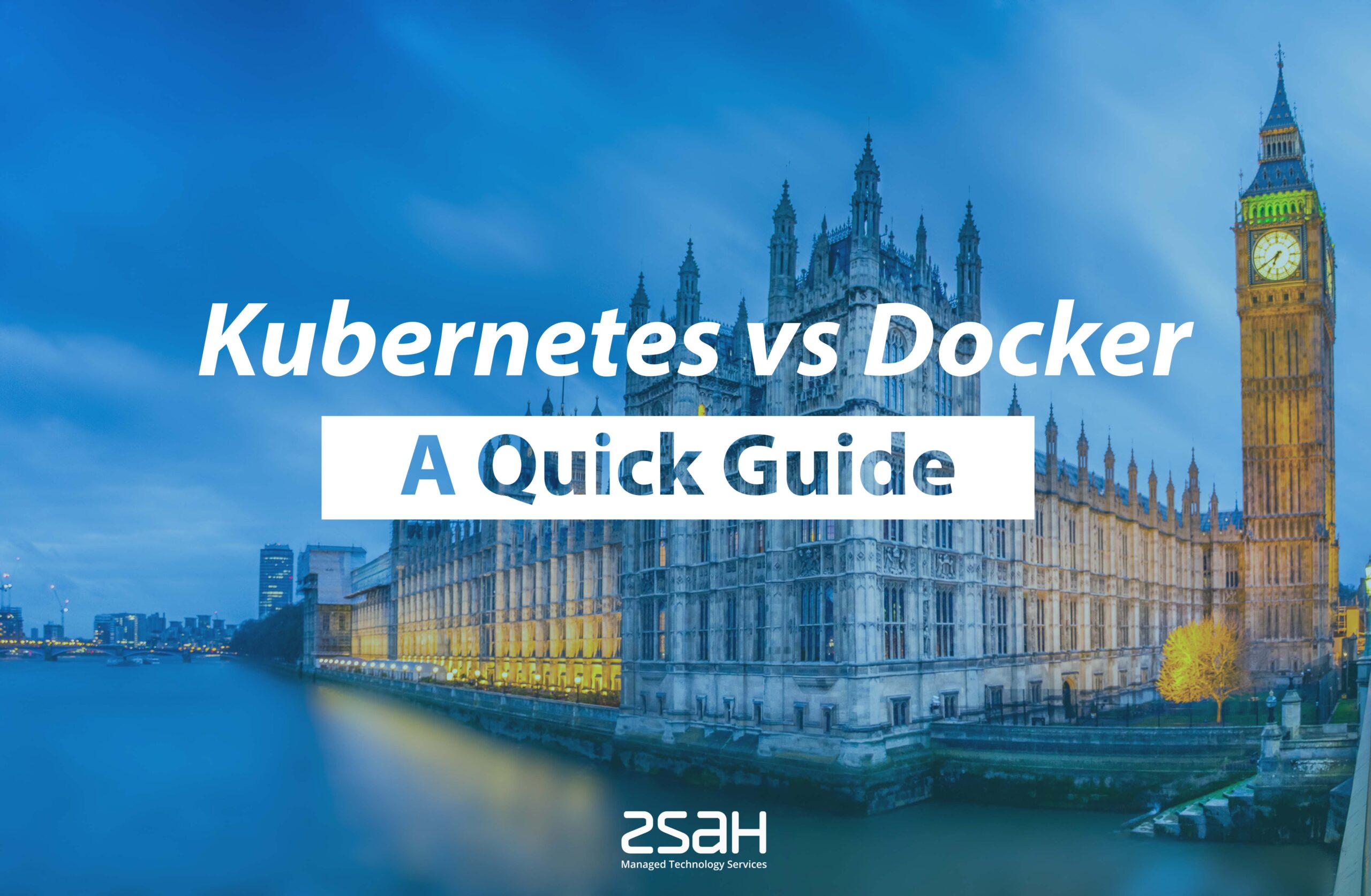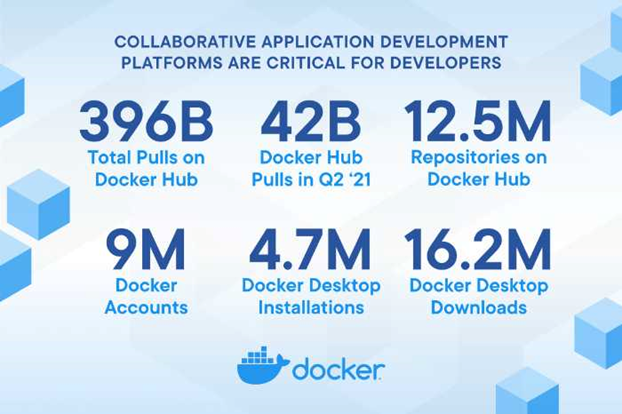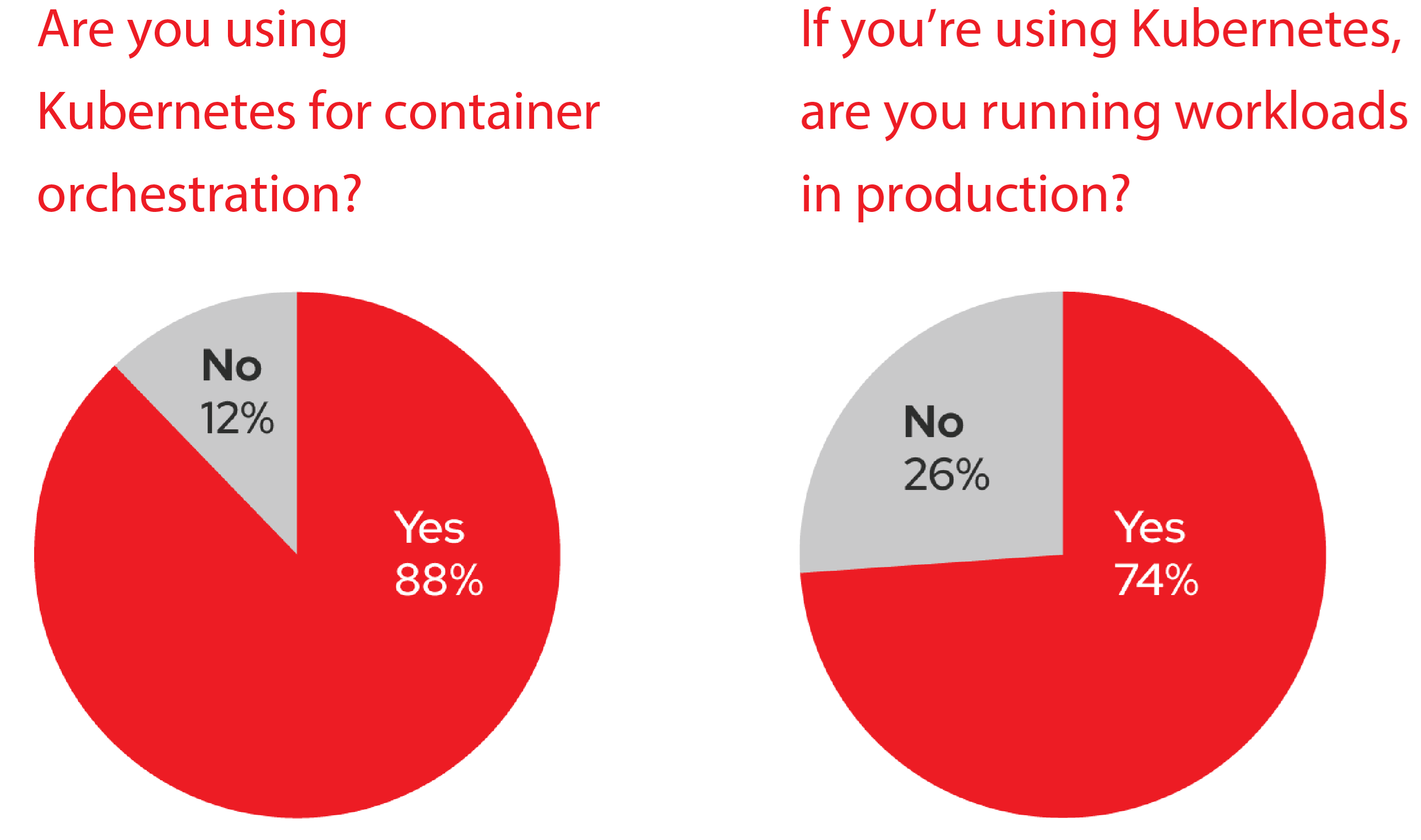Kubernetes vs Docker: A Quick Guide

In the world of DevOps and the container ecosystem, there are two major players in the game: Kubernetes and Docker. Both technologies offer a lot of value to businesses and have allowed the container revolution to take place. They are both cloud-native technologies and are often used together to accomplish different goals.
In this quick guide, we will get into the Kubernetes vs. Docker discussion and explore the key differences between the two. We'll also touch on the benefits and disadvantages of each technology so that you can make an informed decision on how to use them.
What Is Docker?
Docker is a container technology created in 2013 and has become extremely popular since then. It allows you to package an application and its dependencies into a single container, which you can then run on any machine that supports Docker. This makes it extremely easy to deploy applications since you don't have to worry about configuring the environment on each device. Technically, Docker is more of a container management tool than a container format.
Commands are executed via a command-line interface (CLI). Executable templates known as Docker images are stored in a Docker Registry. Containers are instances of Docker images that can be run using the docker run command.
Docker Hub is a cloud-based registry service that allows you to share and manage your Docker images. It's also where you can find ready-made images for popular software applications.
Benefits and Disadvantages of Docker.
Some of the benefits of using Docker include:
- Easy to use: As we mentioned before, Docker makes it very easy to deploy applications. You can simply package your application into a container and run it on any machine that has Docker installed.
- Portability: Containers are self-contained and can easily be moved from one environment to another. This makes them ideal for situations where you need to move an application from development to production quickly.
- Security: Since containers are isolated from the environment, they are less prone to security vulnerabilities.
- Fits into agile methodologies: Docker is a popular choice for businesses using agile development methodologies.
These advantages are why there are currently more than 9 million Docker accounts and 16.2 million desktop downloads.

(Image source: Docker.com)
Some of the disadvantages of using Docker include:
- Can be complex for beginners: While Docker is easy to use once you get the hang of it, it can be tricky. This is because you need to understand how containers work to use Docker effectively.
- Performance overhead: Containers tend to have a performance overhead due to overlay networking, interfacing, and other factors such as the host's CPU and memory.
- Intricate data storage: Data storage in Docker can be complicated because you need to account for the fact that data in a container is lost when the container is shut down unless you save it elsewhere.
What is Kubernetes?
Kubernetes, abbreviated to K8s, is a container orchestration tool Google created in 2014. It allows you to manage and deploy containers across a cluster of machines. Kubernetes is often used in conjunction with Docker, but it can also be used with other container technologies.
Kubernetes is written in Go and runs on various platforms, including Linux, Mac OS, and Windows. It is an open-source project licensed under the Apache License 2.0.
According to RedHat's State of Kubernetes Security report, Kubernetes has widespread adoption, especially in production environments.

(Image source: Redhat.com)
Benefits and Disadvantages of Kubernetes
- Extensible and automates numerous operations: One of the benefits of Kubernetes is that it is extensible, meaning that you can add new features and functionality as needed. Additionally, Kubernetes automates numerous operations, such as rolling updates and scaling.
- Storage orchestration: Kubernetes provides a storage orchestration layer that makes it easy to manage and deploy storage solutions.
- Self-healing: Kubernetes is also self-healing, meaning that it can automatically detect and recover from failures.
- Secret and configuration management: Kubernetes provides secret and configuration management, making it easy to manage credentials and other sensitive information.
- Vibrant open source community: Kubernetes is supported by an active and enthusiastic open source community that constantly innovates and adds new features.
Some disadvantages of Kubernetes include:
- Built with massive enterprise-scale: Google built Kubernetes with massive enterprise-scale in mind, meaning that it can be overkill for smaller deployments. Docker is more appropriate and more cost-effective for smaller workloads.
- Can be complex to learn: Due to its many features and moving parts, Kubernetes can also be complicated to learn and deploy.
- Can be expensive: Kubernetes can also be costly to deploy and manage, especially for large enterprises.
K8s and Docker – What's the Difference?
The main difference between Kubernetes and Docker is that Kubernetes is a container orchestration tool, while Docker is container technology.
Container orchestration is the process of managing and deploying containers across a cluster of machines. This includes container provisioning, networking, storage, scaling, and scheduling tasks.
Since both technologies accomplish different tasks, they are often run in tandem, though can be run independently. In addition, Docker is more suited to smaller workloads, while Kubernetes is more suitable for larger deployments.
Getting Started with Docker and Kubernetes
Kubernetes and Docker are popular container tools, but they have different use cases.
At zsah, we offer a complete container management solution that includes both Docker and Kubernetes. We can help you with everything from setup to hosting to migration. Contact us today to learn more.

